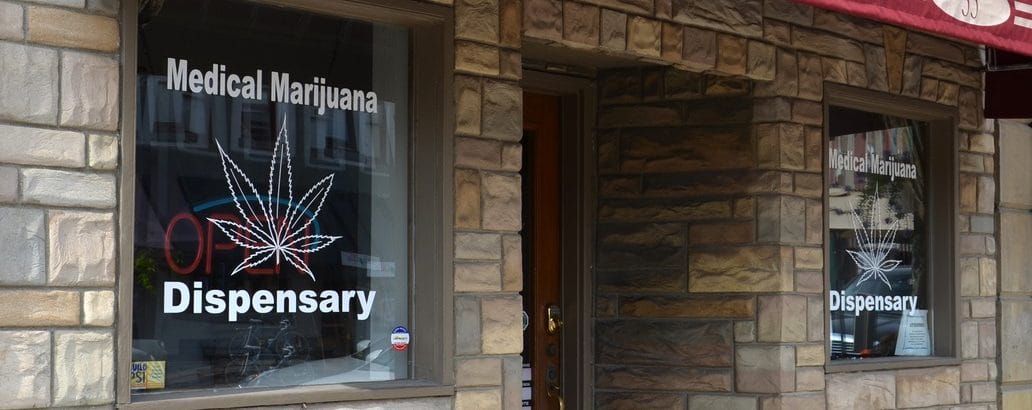(August 1, 2017) Last month, Michigan’s Governor, Rick Snyder, signed into law new amendments to the Michigan Medical Marijuana Facilities Licensing Act (the “MMFLA”) which once again highlights significant differences between state and federal laws pertaining to the use and regulation of medical marijuana. The new law could also force those who wish to legally operate medical marijuana dispensaries in Michigan to identify themselves to federal authorities who recently announced intentions to strictly enforce federal laws. Buying, processing or selling the drug – even for medicinal purposes – remains a federal crime.
According to the non-partisan Senate Fiscal Agency analysis of SB-0433, signed into law by Governor Snyder on July 13, 2017, the new amendments to the 2016 Act include:
- Require an applicant for a medical marijuana related operating license to ensure that a set of fingerprints for certain individuals associated with the applicant was submitted to the Michigan Department of State Police (MSP) for a criminal history check;
- Require the applicant to submit each individual’s written consent to the criminal history check and the submission of the person’s fingerprints to State and Federal databases;
- Require the MSP to conduct a criminal history check on individuals associated with a marijuana facility, and request the Federal Bureau of Investigation (FBI) to determine the existence of any national criminal history pertaining to those individuals;
- Require the MSP to store and retain all fingerprints submitted in an automated fingerprint system database; and
- Require the MSP to forward all fingerprints submitted to it to the FBI for submission into the FBI automatic notification system.
While the MMFLA initially contemplated state and national criminal background checks on all applicants, including officers, managers and investors, the Act was silent as to how information was to be obtained and the investigations conducted. The amendment clarifies that the Michigan State Police will use the fingerprints to run a state criminal background check. Fingerprint data will be sent to the FBI so that a national criminal background check can be conducted. The FBI report will be provided to Michigan authorities.
Of more significant concern to those seeking to enter those parts of a Michigan medical marijuana business requiring licensure (the production, processing, testing, transportation or distribution of medical marijuana) is the Act’s requirement that the MSP notify and provide copies of each applicant’s fingerprints to the FBI for inclusion in a national database.
There are good reasons for this requirement, including that it will allow Michigan licensing officials to know if an applicant has been convicted of a crime in a different jurisdiction. However, the risk to those who wish to acquire a license under the MMFLA is that the federal government – which under Attorney General Jeff Sessions has advocated for aggressive prosecution of a renewed “war on drugs” – continues to deem the production, distribution, and sale of marijuana a federal crime under the Controlled Substances Act.
For this reason, until the question of the interplay between state and federal marijuana laws is settled once and for all by Congress or the United States Supreme Court, those seeking to operate legitimate medical marijuana production, transportation and dispensary facilities in Michigan must cast a wary eye toward Washington – because, at least for now, complying with Michigan law does not guarantee that licensed business owners or operators will be safe from federal prosecution.
More Publications

